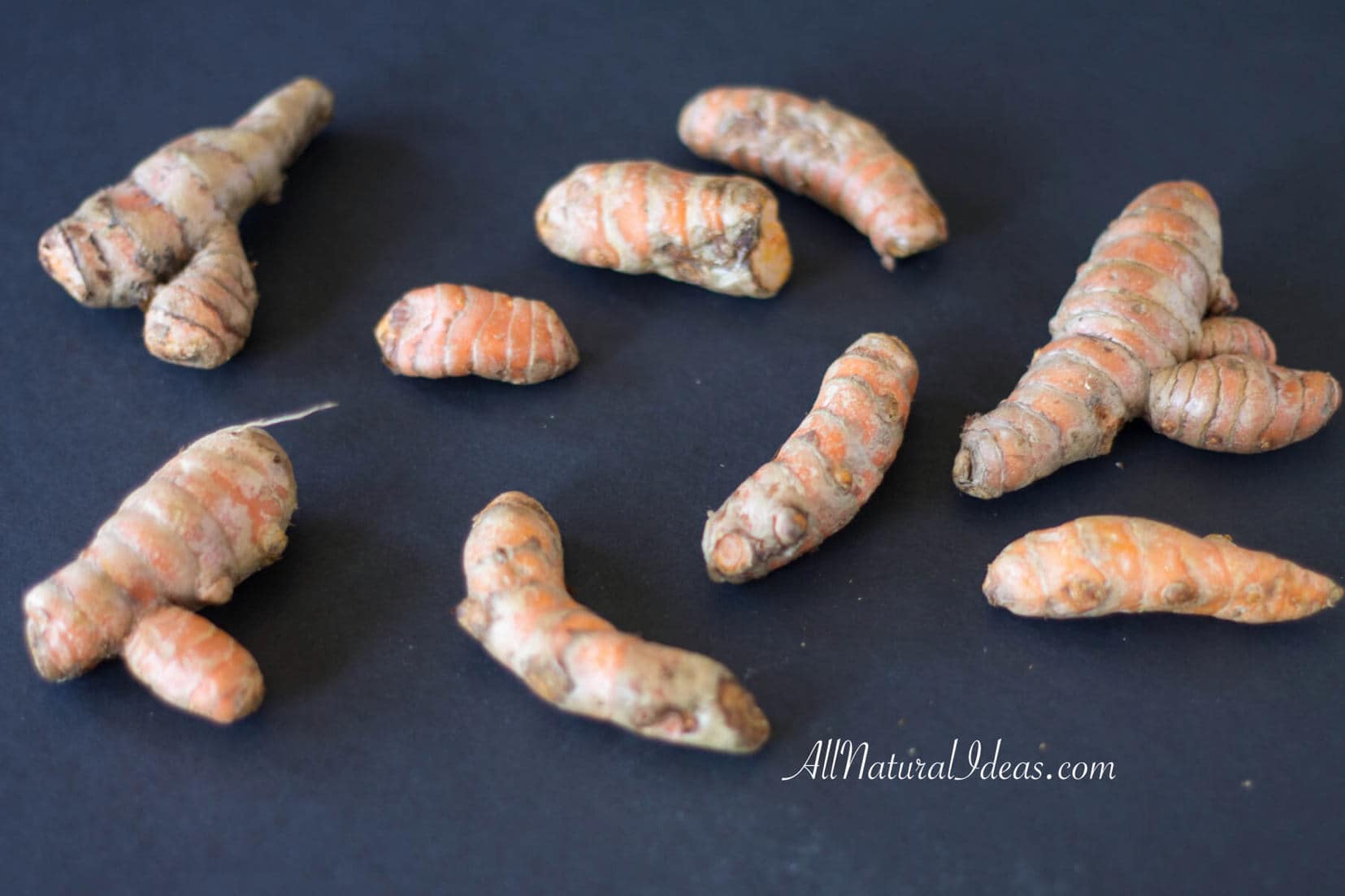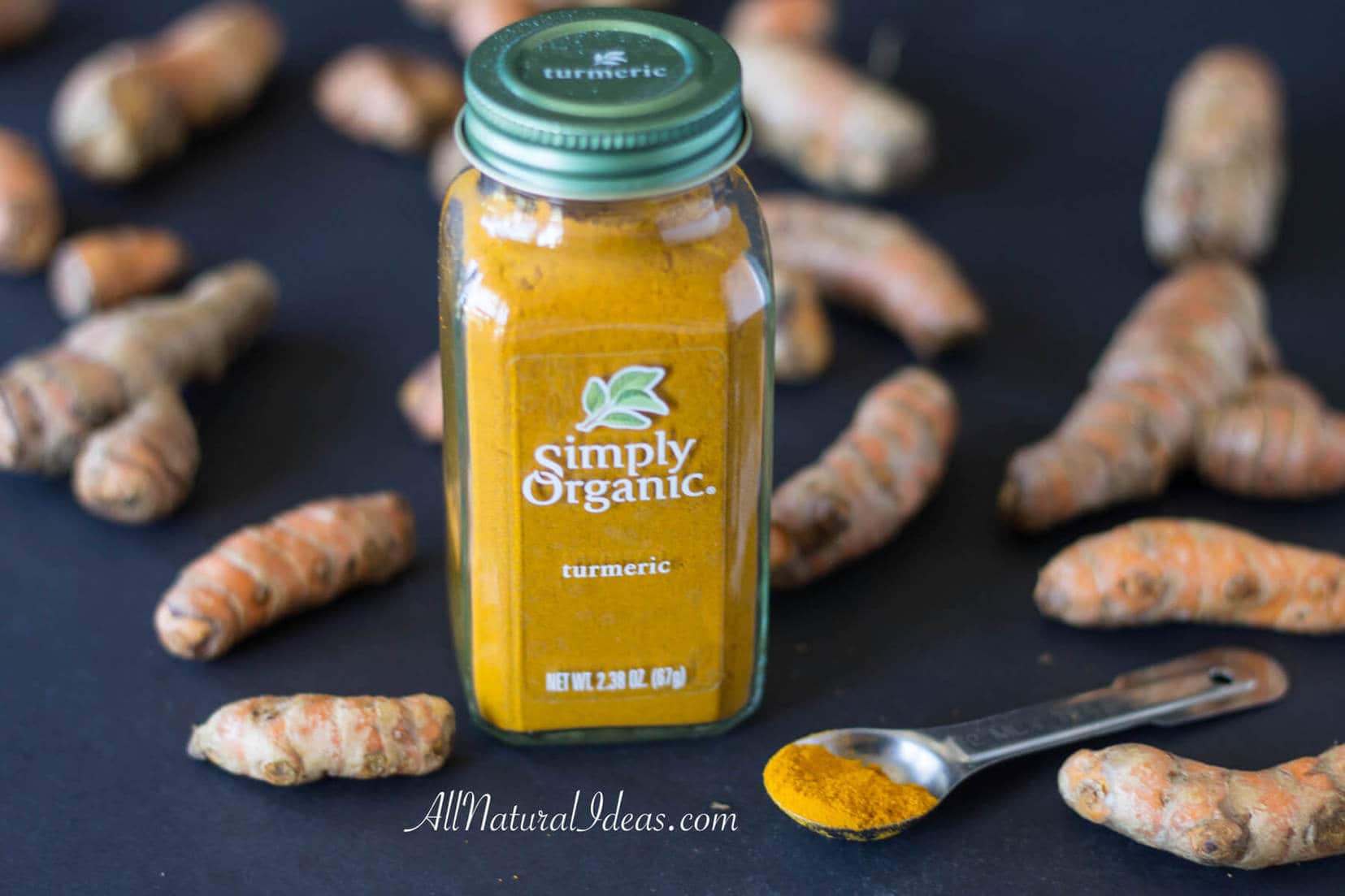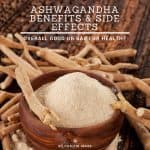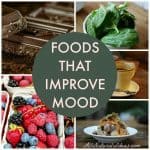Five health benefits of turmeric and it’s main component curcumin. This popular spice found in many Indian dishes can keep you healthy in a number of ways.
Turmeric is an herb that has increasingly become known to possess medicinal properties. Popular in India for thousands of years, Western cultures are beginning to jump on the turmeric bandwagon. Turmeric is composed primarily of curcumin which holds the primary medicinal properties of the spice. Although turmeric is commonly used as an additive to food like curry, it is possible to consume curry whole with the addition of black pepper to allow more curcumin to be absorbed into the bloodstream.
Turmeric root can be added as a spice to food, used fresh, or taken as a supplement. It’s often brewed into a tea and flavored with ginger and cinnamon.
What are the health benefits of turmeric and curcumin?
1. Anti-Inflammatory
Curcumin has been shown to serve as an anti-inflammatory to nearly match the strength of some anti-inflammatory drugs without the side affect of eating away at your stomach. What sort of inflammatory issues does curcumin address? You wouldn’t use curcumin for muscle aches, but rather to inflammation caused by the body fighting infection. Although short-term inflammation is beneficial to fight pathogen invasion and to help the body repair, long-term inflammation has been linked to a number of Western civilization chronic diseases.
2. Boost your antioxidant levels
Turmeric is unique in that it has two benefits involving being an antioxidant. For one, curcumin is a very potent antioxidant that neutralizes free radicals. It is these free radicals that react with DNA, proteins, and fatty acids causing accelerated aging and a plethora of other diseases. The curcumin found in turmeric can also boost the bodies production of antioxidant enzymes. Between suppressing negative entities and promoting the body to create antioxidant enzymes turmeric has been shown to boost antioxidant levels suppressing accelerated aging and some diseases.
3. Boost you brain power
It was once believed that once you killed neurons in your brain no new connections or multiplications could happen. Recently, this theory was proven wrong and the curcumin found in turmeric may be responsible for slowing down deteriorating brain functions due to aging. One of the main drivers to new neuron connections and new neurons is a process called Brain-Derived Neurotrophic Factor (BDNF) which is a type of growth hormone responsible for brain functions. The consumption of curcumin has been shown to increase levels of BDNF in the brain and is theorized to slow down the inevitable effects of aging on the brain. Curcumin and turmeric have been increasingly used to try and prevent Alzheimer’s disease.
4. Help curb the world’s number one killer
Heart disease claims the most lives each year worldwide. The effects of curcumin show signs of preventing factors that lead up to cardiovascular issues like blood clotting and heart attacks. Why is this so? Curcumin is beneficial because it increases the functionality of the endothelium, the lining of the blood vessels. With the endothelium more functional it is better able to regulate blood pressure and blood clotting. The curcumin component as stated above also reduces inflammation and oxidation which are other factors in heart disease. In one study among 121 patients who recently had non-emergency bypass surgery in Thailand, patients who consumed 4 grams of curcumin a day had a 65% chance reduction in the risk of heart attack.
5. Kick out the blues
Curcumin has also been shown to reduce the symptoms of depression. In a small clinical study involving 60 patients, one group took the antidepressant Prozac, another took curcumin, and a third group took a combination of the three. The results of the trial showed that the curcumin group boded better results than the Prozac group, and the combined group yielded the best results. It was concluded that curcumin consumption yields at a minimum the same results as antidepressants. The trial also showed that curcumin boosted serotonin and dopamine levels.








